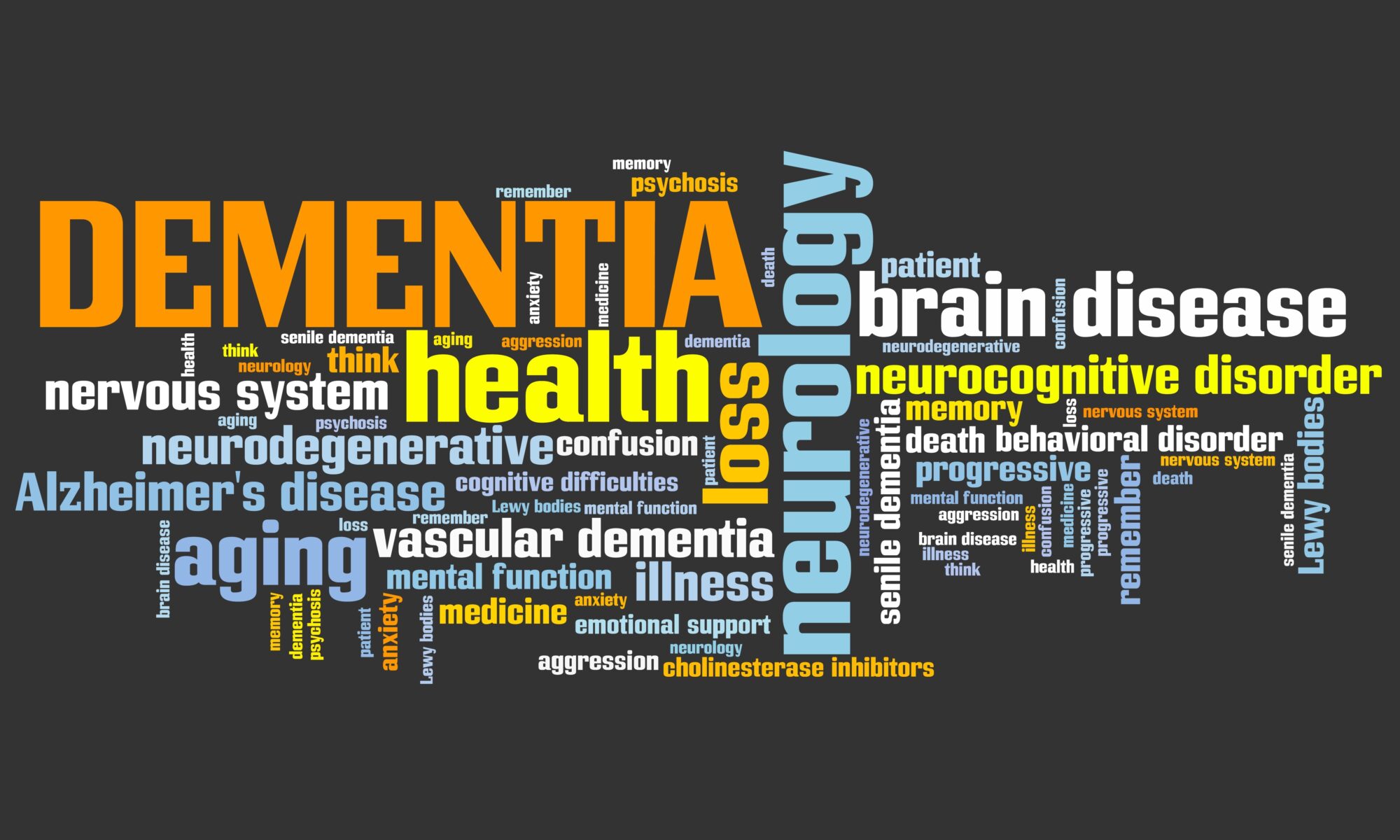
Table of Content
Dementia is a complex and often misunderstood condition that impacts millions worldwide. It refers to a collection of symptoms affecting memory, thinking, and social abilities, significantly interfering with daily life. While it’s commonly associated with aging, dementia isn’t a normal part of growing older.
What Exactly Is Dementia?
Dementia isn’t a single disease but rather an umbrella term used to describe a range of conditions resulting in cognitive decline. It occurs when certain brain cells are damaged or destroyed, impacting areas responsible for memory, communication, problem-solving, and other cognitive functions.
Common causes of dementia include diseases like Alzheimer’s, vascular issues leading to mini-strokes, or traumatic brain injuries. It’s worth noting that dementia symptoms can vary depending on the type and part of the brain affected.
There are a variety of age-related health conditions that can make it more challenging for seniors to live independently. However, many of the challenges they face can be easier to manage if their families opt for professional home care. Frederick families can rely on expertly trained caregivers to keep their loved ones safe and comfortable while aging in place.
Types of Dementia
There are several types of dementia, each with unique characteristics:
- Alzheimer’s disease – The most common form of dementia, accounting for about 60-70% of cases. It progresses gradually, typically starting with mild memory loss and advancing to severe cognitive and physical impairments.
- Vascular dementia – Caused by reduced blood flow to the brain, often due to strokes or other vascular issues, leading to difficulties with planning and problem-solving.
- Lewy body dementia – Marked by abnormal protein deposits in the brain, this type affects movement, memory, and can lead to vivid visual hallucinations.
- Frontotemporal dementia – Affects the frontal and temporal lobes of the brain, leading to changes in personality, behavior, and language. It often occurs in individuals younger than most Alzheimer’s patients.
Understanding the type of dementia someone has is critical for determining appropriate treatment and care.
If your senior loved one needs professional dementia home care, Frederick caregivers are available around the clock to provide the high-quality care he or she needs. Our reliable dementia caregivers can help your loved one stay mentally engaged and delay the progression of the disease.
Symptoms of Dementia
While symptoms differ depending on the type of dementia, some general signs and symptoms include:
- Memory loss – Forgetting recent events, names, or appointments and asking repetitive questions
- Difficulty communicating – Having difficulty finding words, following conversations, or completing sentences
- Poor judgment – Making uncharacteristic decisions or being unable to assess risks
- Mood changes – Experiencing anxiety, depression, or unexpected shifts in behavior
- Disorientation – Losing track of time or forgetting known places and familiar environments
It’s important to recognize that occasional forgetfulness doesn’t always indicate dementia. Persisting and progressive symptoms typically warrant professional evaluation.
Diagnosing Dementia
Diagnosing dementia involves a thorough and multi-step evaluation by medical professionals. A general practitioner or specialist might:
- Conduct cognitive tests to assess memory, problem-solving, and language abilities
- Administer physical exams and blood tests to rule out other conditions like infections or vitamin deficiencies
- Use brain imaging techniques such as MRI or CT scans to identify structural changes or vascular damage in the brain
Early diagnosis is critical. Understanding the condition early enables seniors and their families to make informed decisions about treatment, care, and lifestyle adjustments.
Treatment and Management
Although there’s no cure for dementia currently, treatments and strategies can help seniors manage its symptoms:
- Medications such as cholinesterase inhibitors can temporarily boost cognitive functions in some types of dementia.
- Behavioral therapies or counseling can help individuals manage mood changes and enhance their quality of life.
- Lifestyle changes, such as maintaining a healthy diet, regular exercise, and engaging in mentally stimulating activities, may also boost cognitive health.
Support from caregivers and healthcare professionals plays a significant role in ensuring individuals with dementia live as comfortably as possible.
If your senior loved one has been diagnosed with a serious condition and needs help with tasks like meal prep, transportation, bathing, and grooming, reach out to Assisting Hands Home Care, a leading provider of home care families can trust. We also offer comprehensive care for seniors with dementia, Alzheimer’s, and Parkinson’s. Contact us today to schedule a free in-home consultation.






